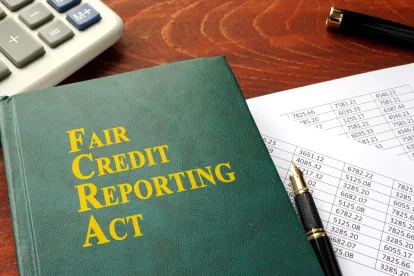The Third Circuit recently brought closure to a long-running dispute, and, in the process, cautioned us of the danger of conclusory allegations, especially in the context of the Fair Credit Reporting Act (“FCRA”).
In Schiano v. HomEq Servicing Corp., 2020 U.S. App. LEXIS 33912 (3rd Cir. Oct. 28, 2020), an arbitrator ordered the plaintiffs to pay over $30,000 in credit card debt to their bank. To raise money to comply with the order, the plaintiffs refinanced their home, took a loan out, and instructed the mortgagor to pay their bank directly to pay down their credit card debt. The plaintiffs and their mortgagor disputed whether the mortgagor paid off the credit card debt. The plaintiffs then filed suit, alleging a slew of federal claims, including claims arising under the FCRA.
The Third Circuit affirmed dismissal of the plaintiffs’ claims. The court found the plaintiffs’ allegation against its mortgagor was conclusory and focused on four words: the plaintiffs alleged that one of its mortgagors did not “fully and properly investigate” its claim. Under the FCRA, if a consumer disputes the accuracy of an items in its file and notifies a consumer reporting agency, then the agency is required to “conduct a reasonable investigation”. 15 U.S.C. § 1681i(a)(1)(A).
To the court, the allegation that a mortgagor did not “fully and properly investigate” the plaintiff’s claim was a “mere conclusory statement[],” which did not satisfy pleading standards under Iqbal. The court also quickly dismissed the plaintiffs’ FCRA claims against the bank, finding that the plaintiffs did not sufficiently that the bank received notice of the dispute with the agency. 15 U.S.C. § 1681i(a)(2)(A).
With all the federal claims dismissed, the court found that the addition of a party precluded complete diversity, and the case was dismissed in its entirety.
Schiano reminds us of the continuous vulnerability of conclusory allegations. An allegation that an agency failed to “fully and properly investigate” was not a sufficiently detailed allegation to survive a motion to dismiss. Entities litigating FCRA complaints should be mindful of similar allegations when moving to dismiss.




 />i
/>i
